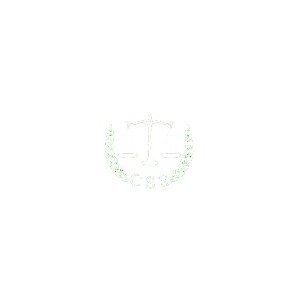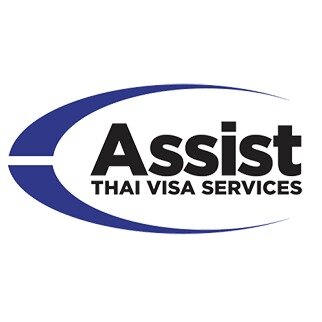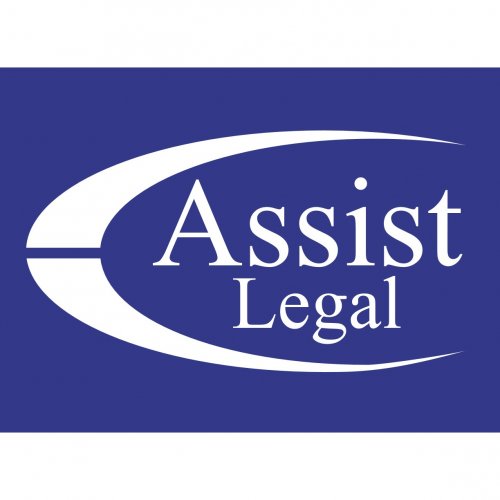About Antitrust Litigation Law in Chiang Mai, Thailand
Antitrust litigation refers to legal cases involving business practices that may limit competition or control market power unfairly. In Chiang Mai, as elsewhere in Thailand, antitrust law aims to maintain a fair and competitive marketplace by preventing monopolies, price fixing, bid rigging, abuse of dominant market positions, and other anti-competitive practices. Thai antitrust law is primarily governed by the Trade Competition Act, as administered by national authorities, but these laws apply within local jurisdictions like Chiang Mai as well. The process of antitrust litigation can be complex, often involving both civil and criminal liabilities for individuals and companies found in violation.
Why You May Need a Lawyer
Antitrust litigation is highly specialized and can be challenging for those unfamiliar with the legal and regulatory landscape. You may need a lawyer for several reasons:
- You believe a competitor is engaging in unfair trade practices or abusing their market dominance in Chiang Mai
- Your business is under investigation by local or national trade competition authorities
- You are considering a merger or acquisition and need to ensure compliance with competition laws
- Your business has been accused of anti-competitive conduct, such as price fixing or bid rigging
- You are a consumer or business harmed by anti-competitive behavior and wish to seek damages
- You want preemptive legal advice to avoid potential violations in your business operations
Legal expertise is crucial in these situations to help interpret the law, represent your interests, and minimize the risk of severe penalties or reputational harm.
Local Laws Overview
Antitrust litigation in Chiang Mai is primarily governed by the Trade Competition Act of Thailand (latest version 2017). Some key provisions include:
- Prohibition of market dominance abuse: Businesses with significant power in a market cannot unfairly squeeze out competitors
- Ban on price fixing, bid rigging, and restrictive agreements: These acts are considered serious criminal offenses
- Regulation of mergers and acquisitions: Large deals that may lead to dominant market positions often require approval from regulatory authorities
- Strict investigation and penalties: The Office of Trade Competition Commission (OTCC) oversees investigation, enforcement, and prosecution of violations
- Penalties: Offenses can result in substantial administrative fines and even criminal charges, including imprisonment
The local courts in Chiang Mai have authority to hear antitrust cases, and businesses operating in Chiang Mai must comply with all applicable local and national competition regulations.
Frequently Asked Questions
What is considered anti-competitive behavior in Chiang Mai?
Anti-competitive behavior includes actions like price fixing agreements between businesses, bid rigging, market allocation, abuse of a dominant market position, and mergers that substantially lessen competition.
Who investigates antitrust violations in Chiang Mai?
The Office of Trade Competition Commission (OTCC) is responsible for investigating and prosecuting antitrust violations throughout Thailand, including Chiang Mai.
Can individuals file a complaint about antitrust violations?
Yes, individuals or businesses can file complaints with the OTCC if they suspect anti-competitive conduct in their industry or local market.
What kind of penalties can result from antitrust violations?
Penalties can include administrative fines of up to ten percent of annual sales revenue, compensation to injured parties, and criminal liability including imprisonment for serious offenses.
Does antitrust law in Thailand apply to foreign companies operating in Chiang Mai?
Yes, foreign companies operating in Thailand, including Chiang Mai, must comply with Thai competition laws just like domestic firms.
Are there exemptions to antitrust laws?
Some exemptions exist, such as for state enterprises or businesses that are specifically regulated by other sectoral laws, but these are not automatic and are limited.
What should I do if my business is being investigated for antitrust violations?
Contact a qualified antitrust lawyer immediately for advice, representation during investigations, and assistance in communicating with the OTCC or other authorities.
How long do antitrust litigation cases typically take in Thailand?
The length of litigation varies depending on the complexity of the case. Some cases may conclude within a year, while more complex matters can take several years to resolve.
Can I seek damages if I have been harmed by anti-competitive behavior?
Yes, victims of anti-competitive practices may pursue damages through civil action in court, in addition to any penalties imposed by the authorities.
What evidence is needed to prove an antitrust violation?
Strong factual evidence is required, such as documents, communications, witness testimony, and any records showing collusion or exclusionary practices.
Additional Resources
For further information or to report suspected violations, you may contact the following organizations:
- Office of Trade Competition Commission (OTCC): The main regulator and enforcement body for competition law in Thailand
- Provincial courts in Chiang Mai: For filing private civil actions related to antitrust matters
- Thai Chamber of Commerce: Offers guidance and seminars on compliance with antitrust and competition regulations
- Department of Internal Trade, Ministry of Commerce: Provides educational materials and policy updates concerning fair trade
Next Steps
If you believe you are involved in a matter related to antitrust litigation in Chiang Mai, it is crucial to act promptly. Here are steps to consider:
- Gather any relevant documents and evidence related to the suspected anti-competitive conduct
- Consult with a qualified antitrust or competition law attorney familiar with Chiang Mai and Thai legal procedures
- File a formal complaint with the Office of Trade Competition Commission if you are a victim or witness to anti-competitive behavior
- Follow your lawyer's advice regarding communication with the authorities and potential litigation strategies
- Attend any required meetings, hearings, or court sessions as advised by your legal counsel
Obtaining expert legal advice early in the process can help protect your interests and ensure compliance with all applicable laws in Chiang Mai, Thailand.
Lawzana helps you find the best lawyers and law firms in Chiang Mai through a curated and pre-screened list of qualified legal professionals. Our platform offers rankings and detailed profiles of attorneys and law firms, allowing you to compare based on practice areas, including Antitrust Litigation, experience, and client feedback.
Each profile includes a description of the firm's areas of practice, client reviews, team members and partners, year of establishment, spoken languages, office locations, contact information, social media presence, and any published articles or resources. Most firms on our platform speak English and are experienced in both local and international legal matters.
Get a quote from top-rated law firms in Chiang Mai, Thailand — quickly, securely, and without unnecessary hassle.
Disclaimer:
The information provided on this page is for general informational purposes only and does not constitute legal advice. While we strive to ensure the accuracy and relevance of the content, legal information may change over time, and interpretations of the law can vary. You should always consult with a qualified legal professional for advice specific to your situation.
We disclaim all liability for actions taken or not taken based on the content of this page. If you believe any information is incorrect or outdated, please contact us, and we will review and update it where appropriate.

















